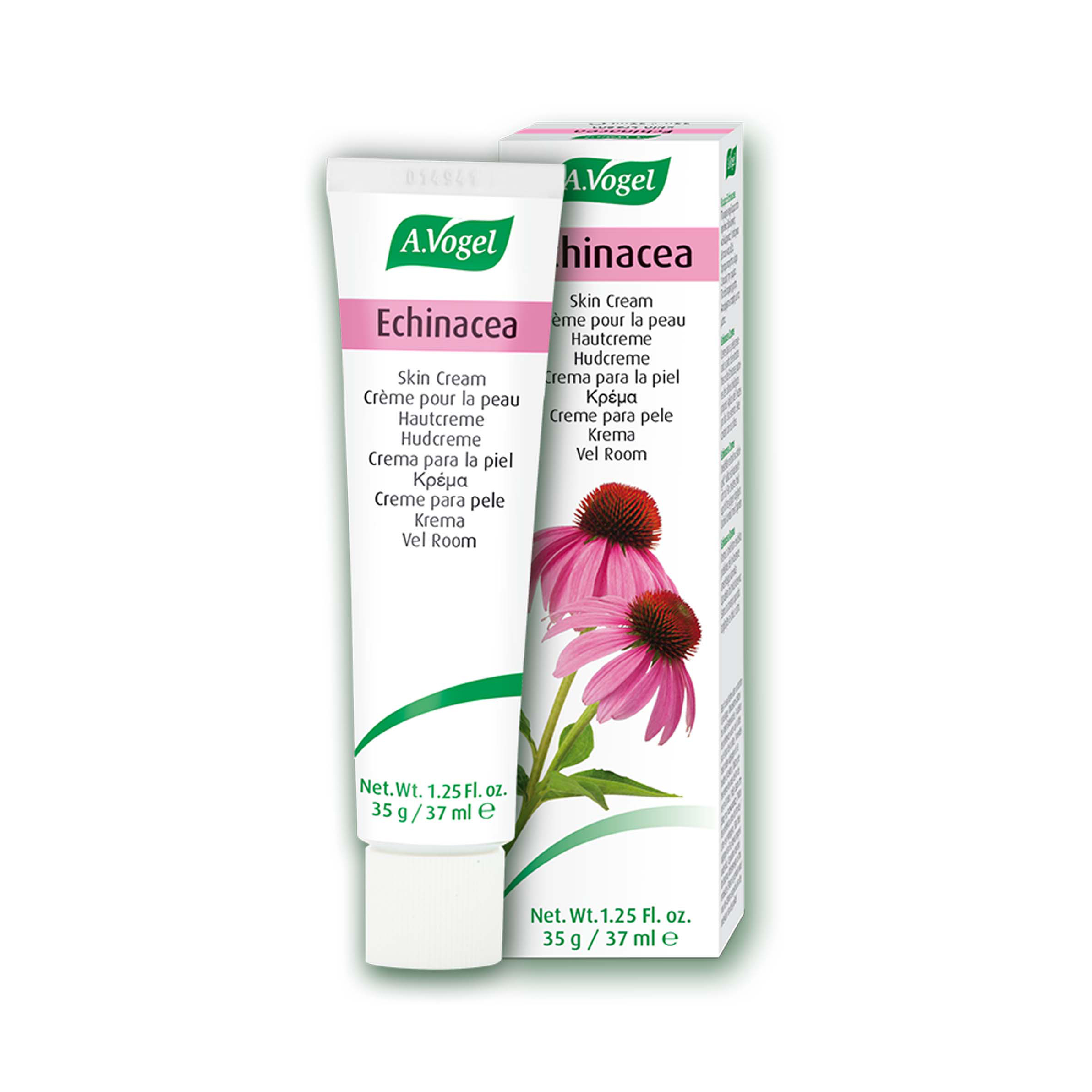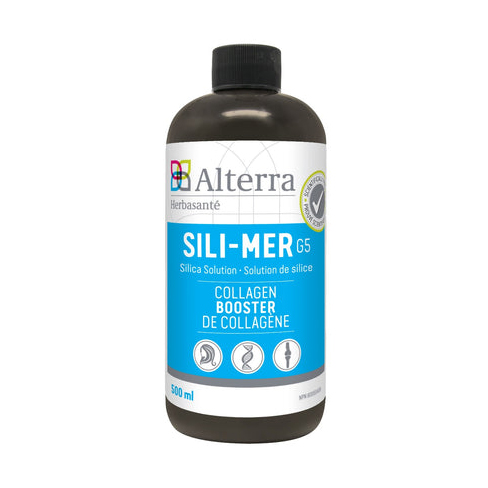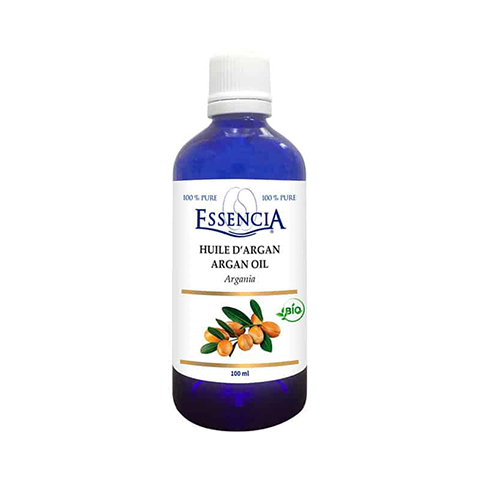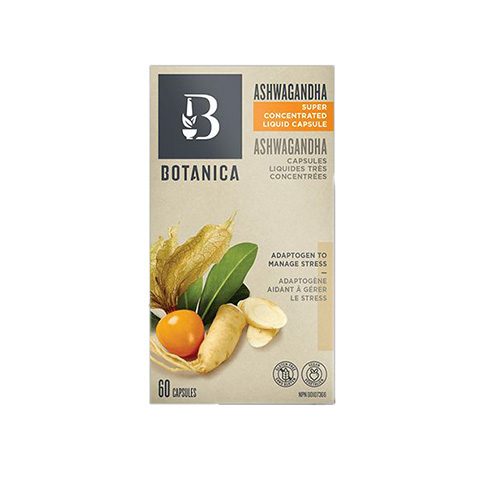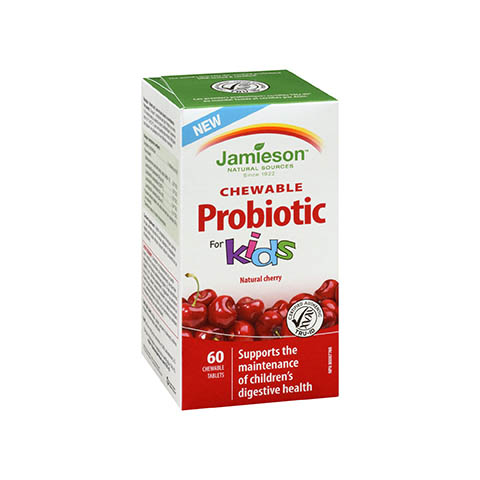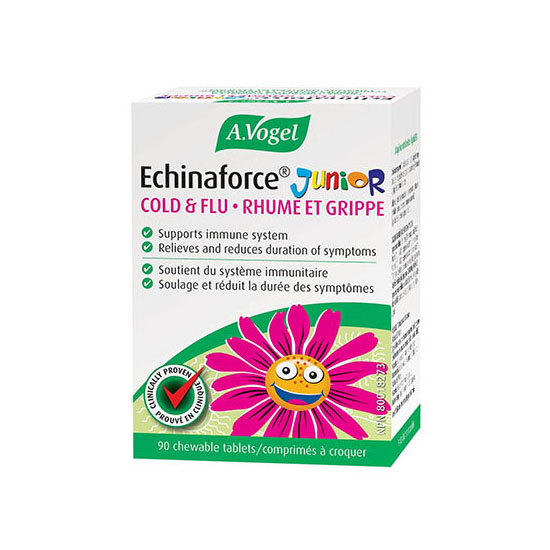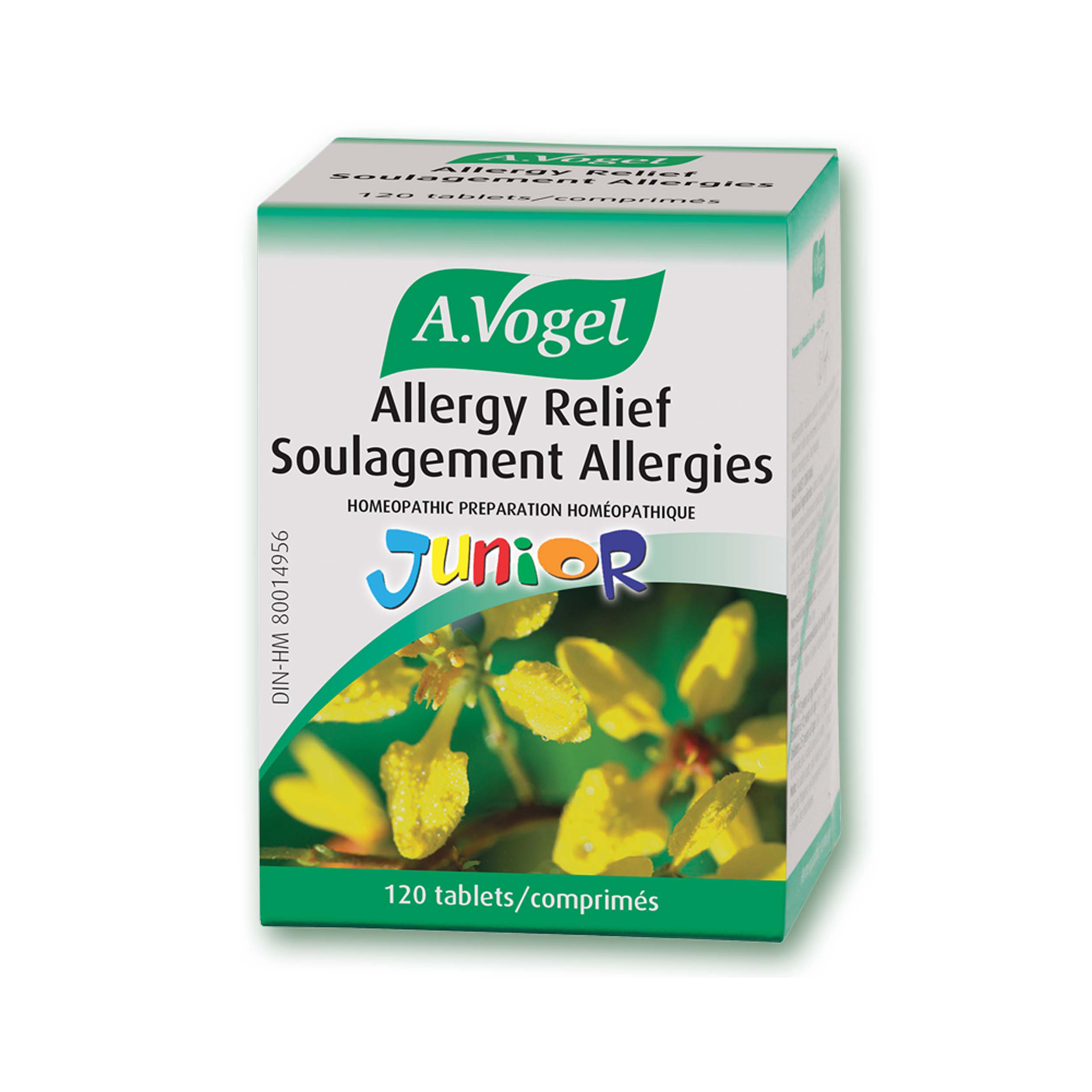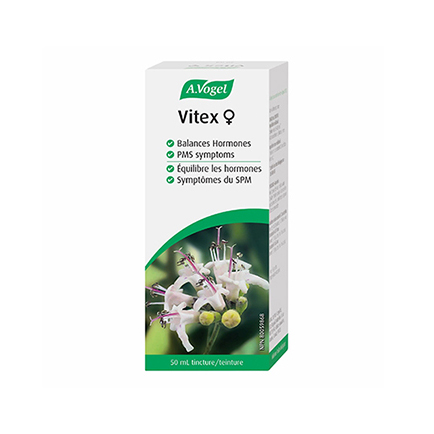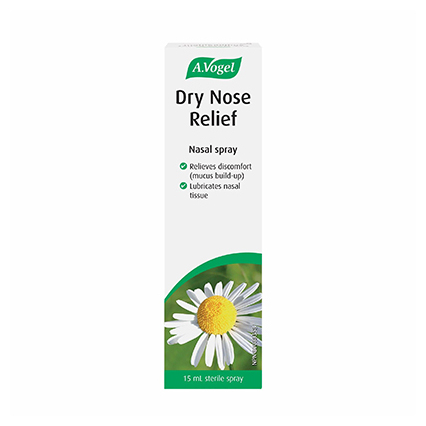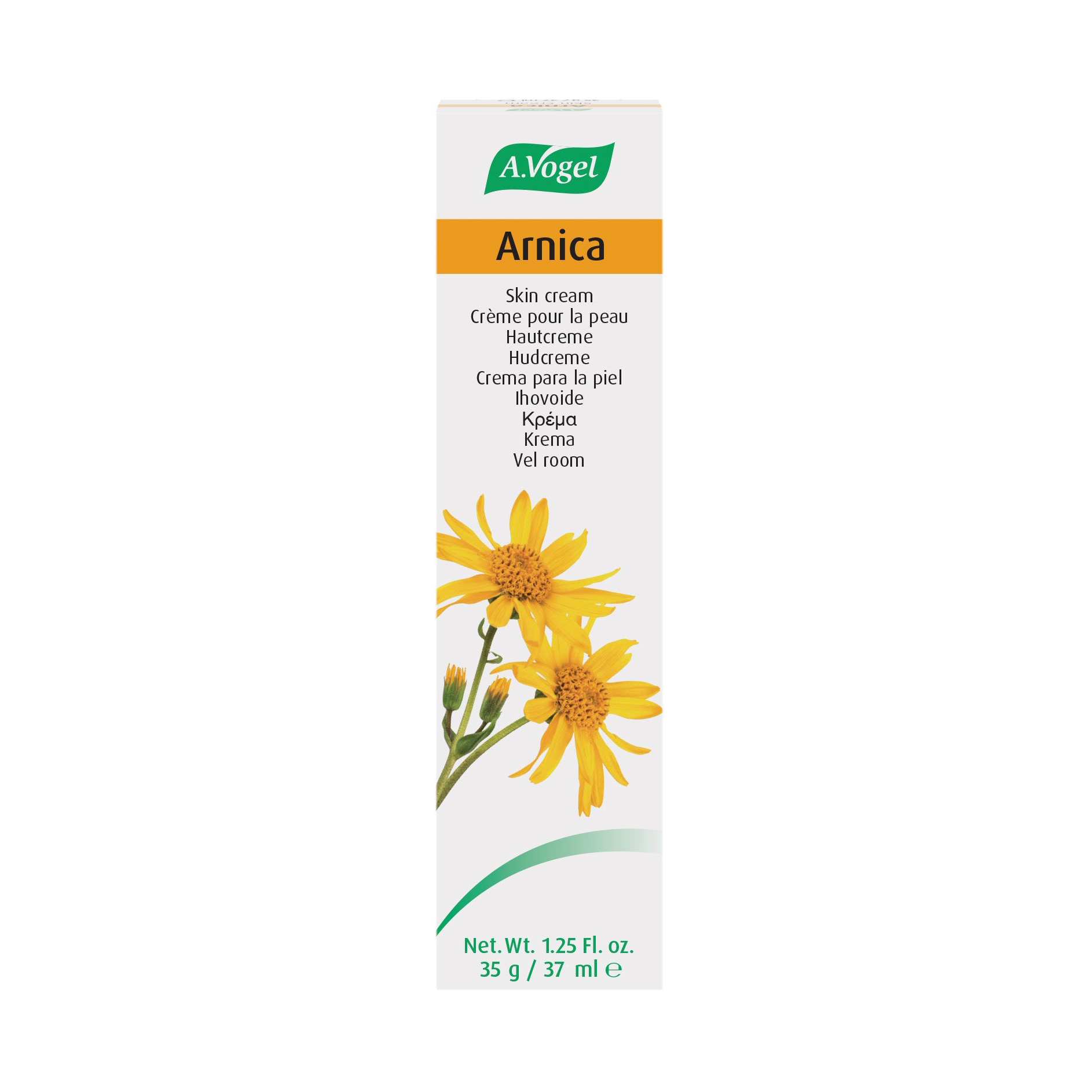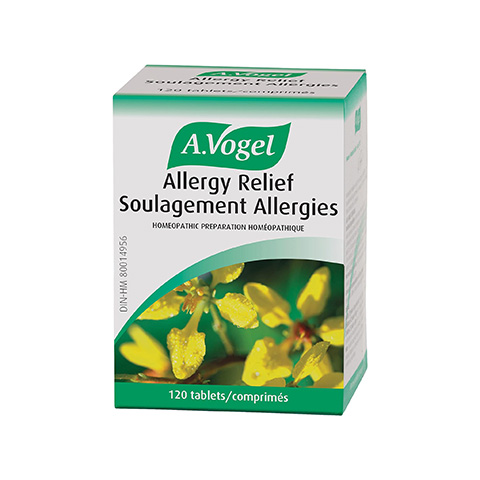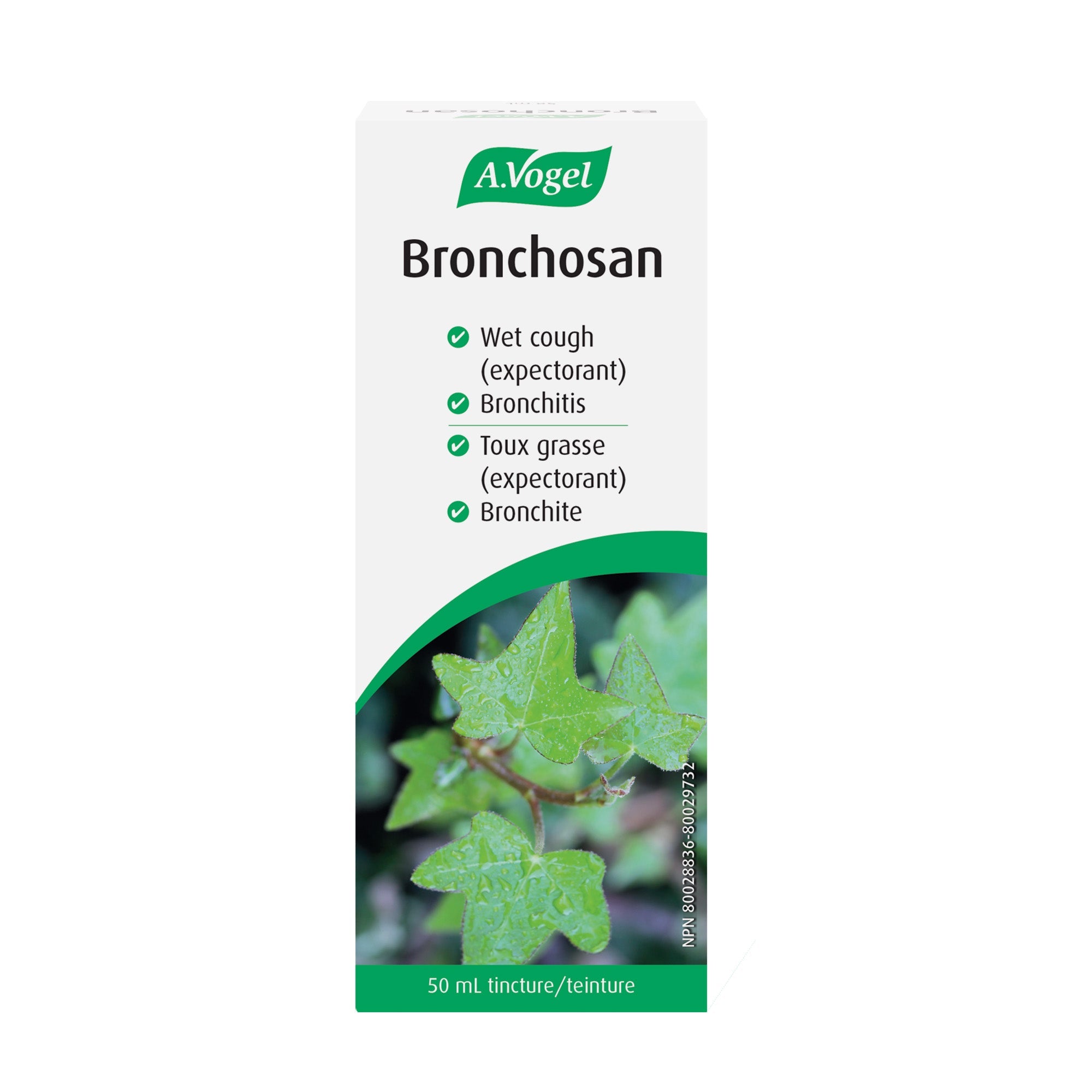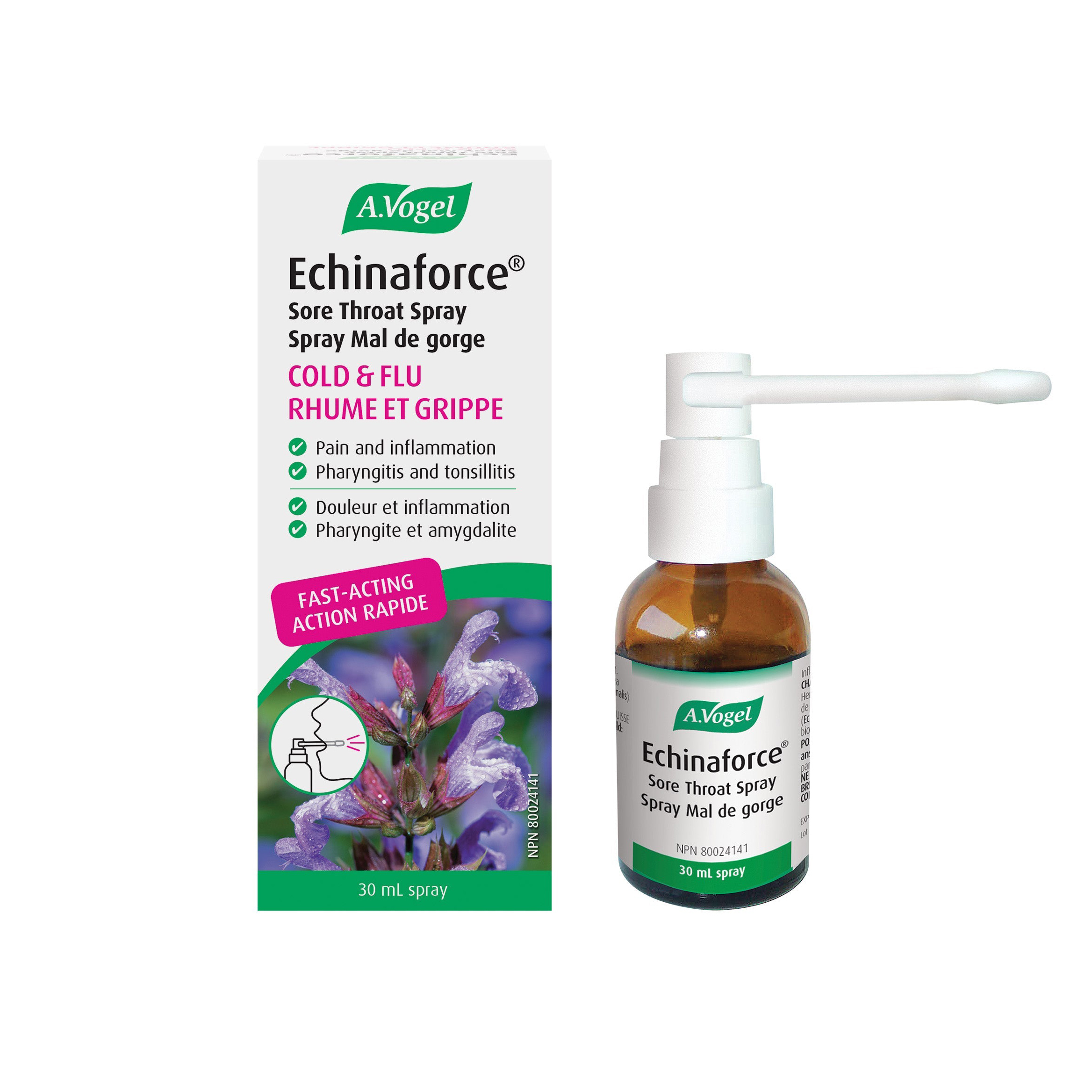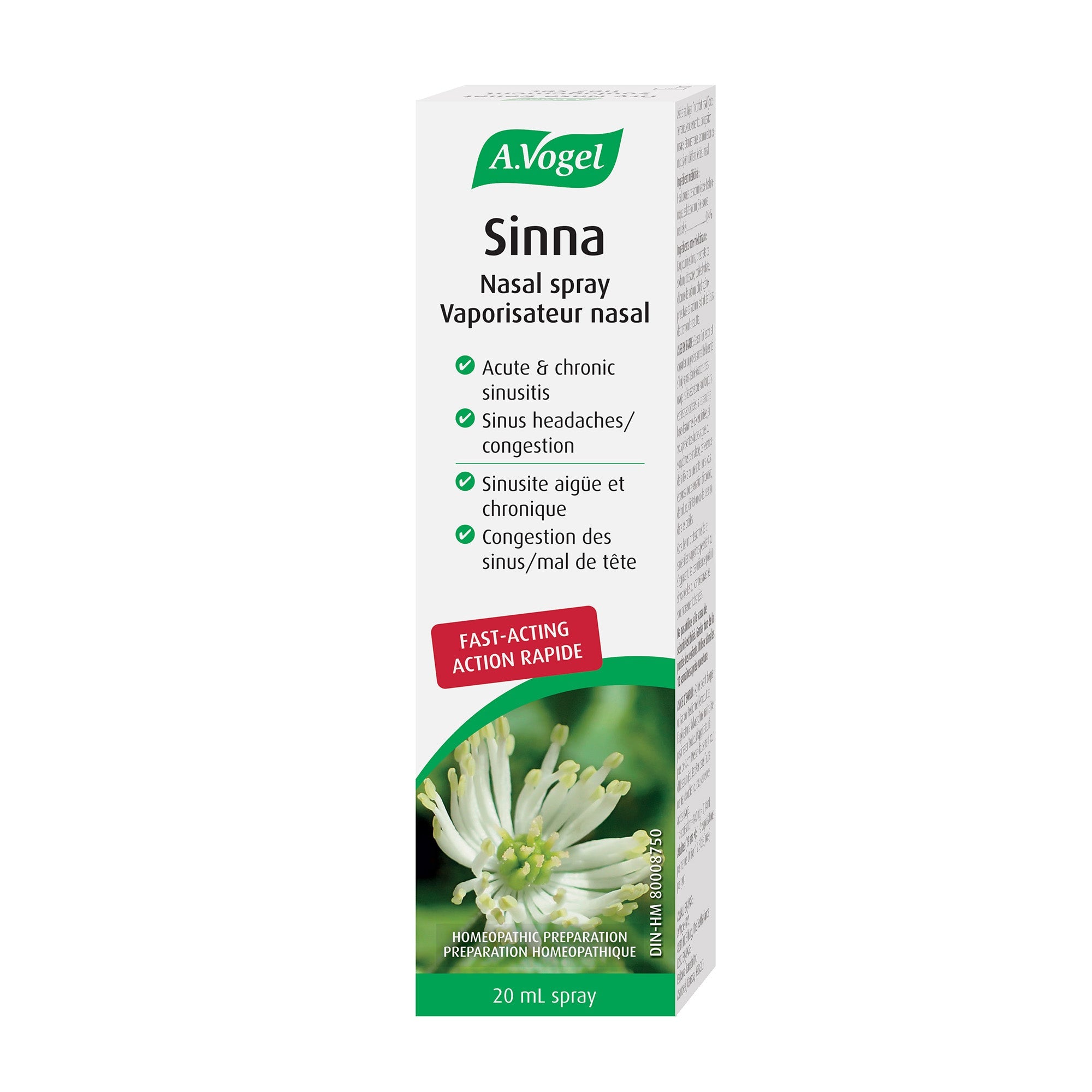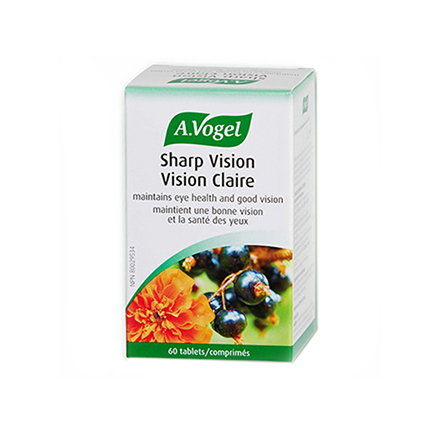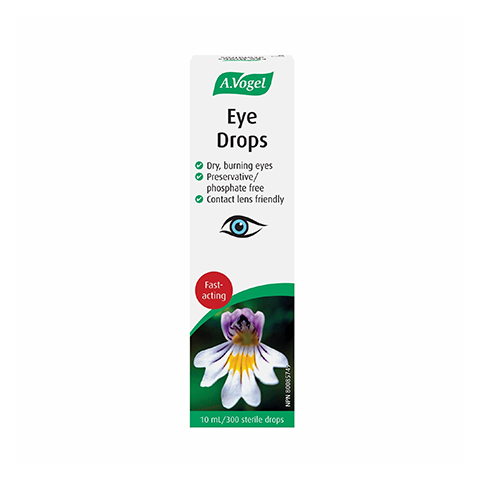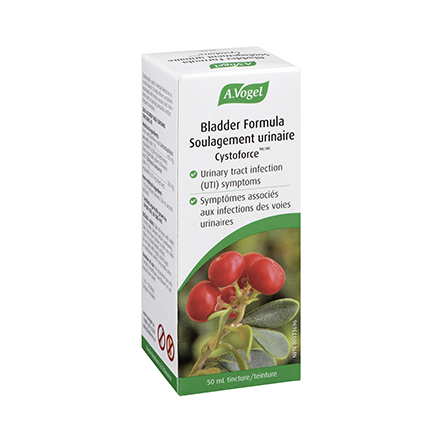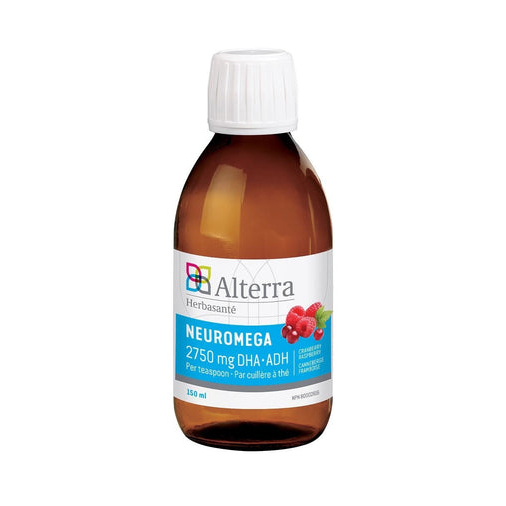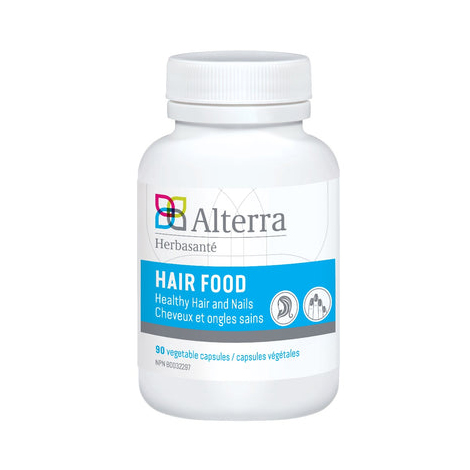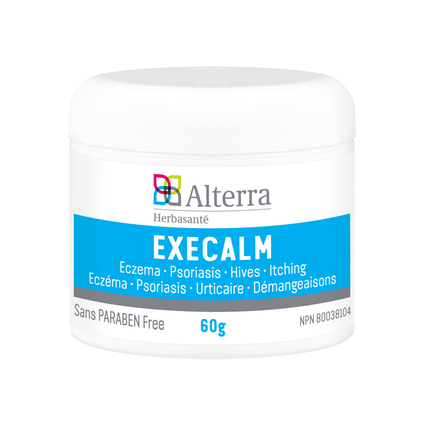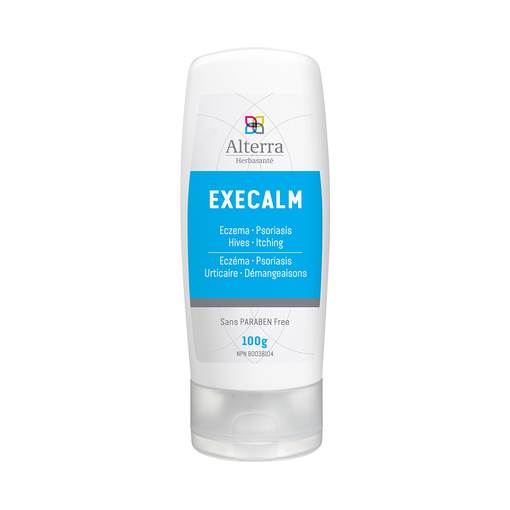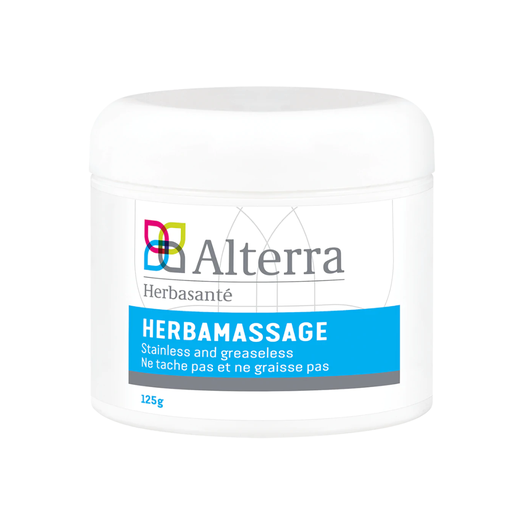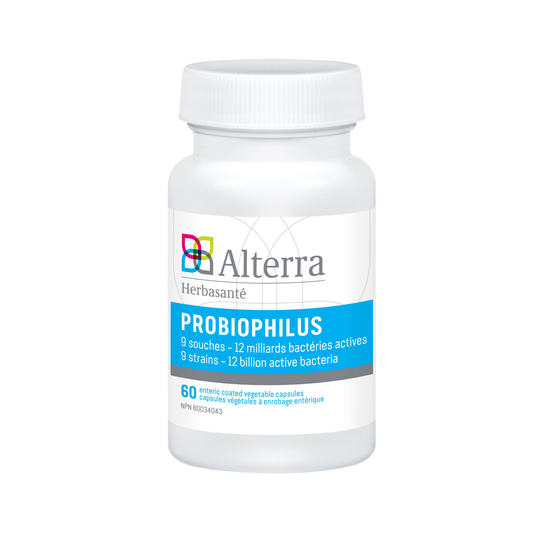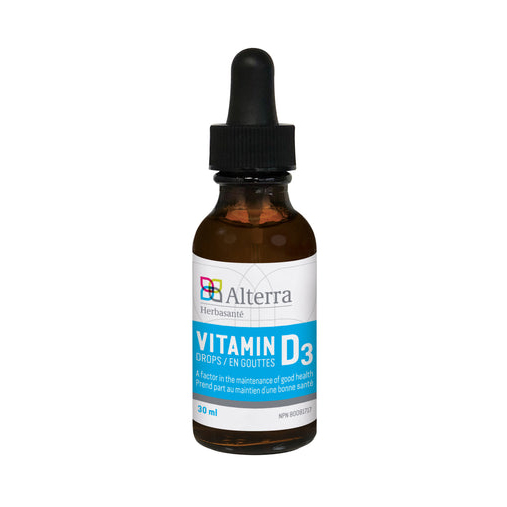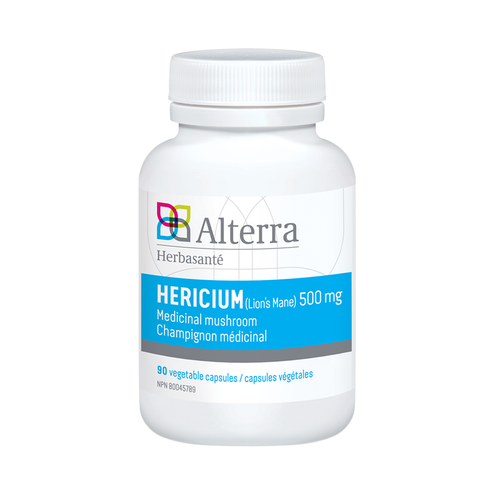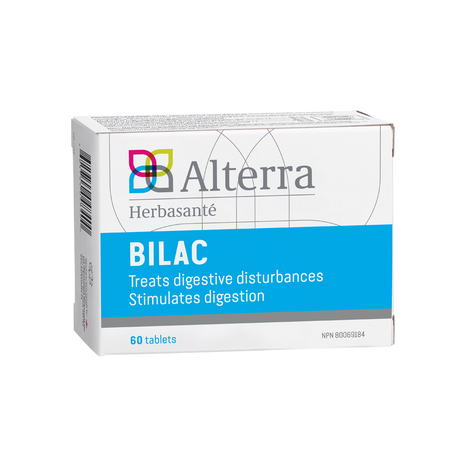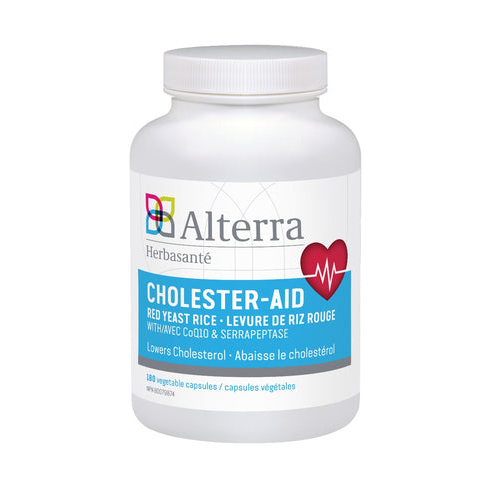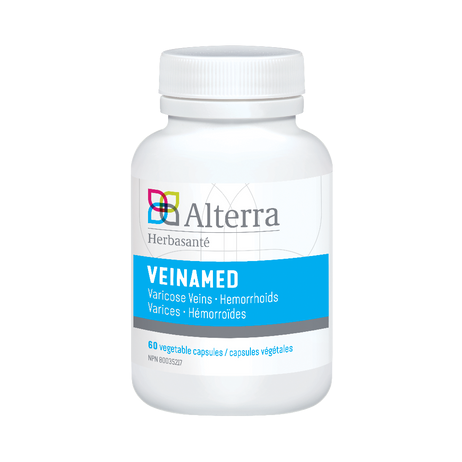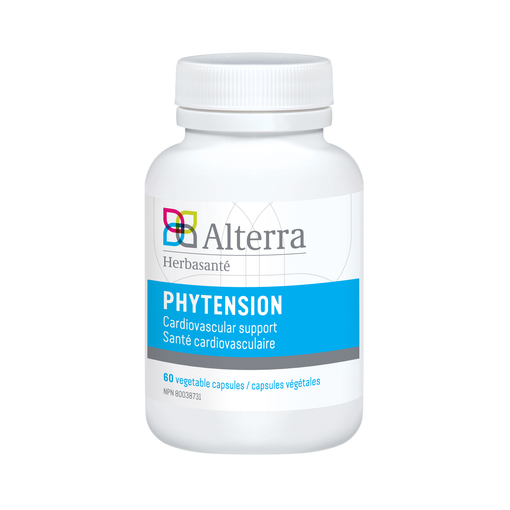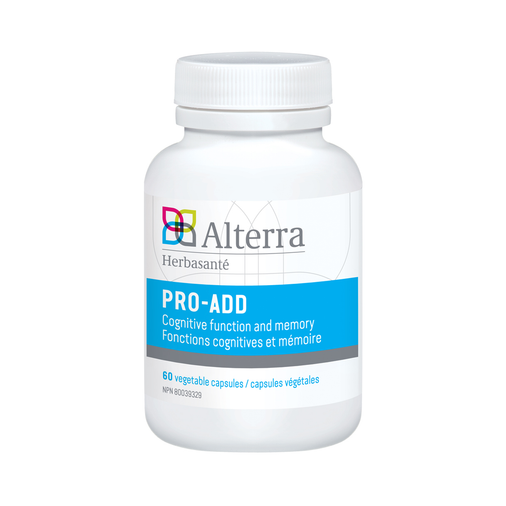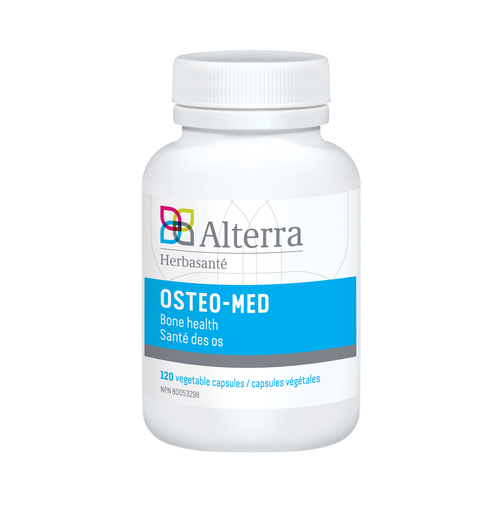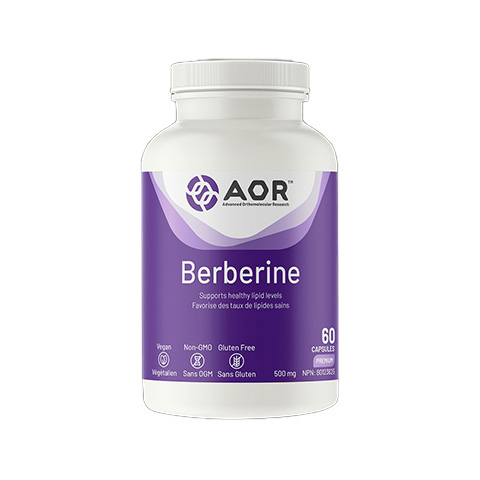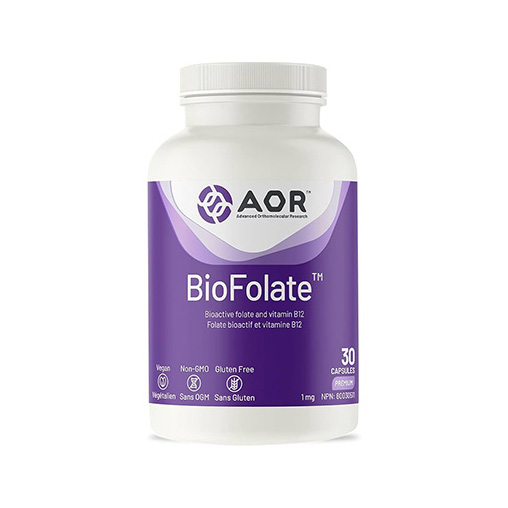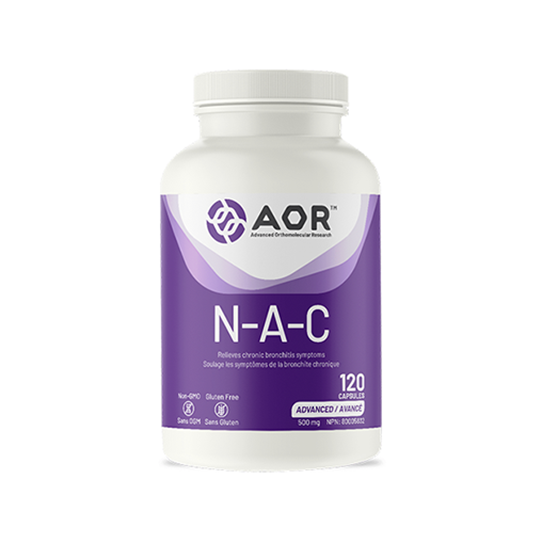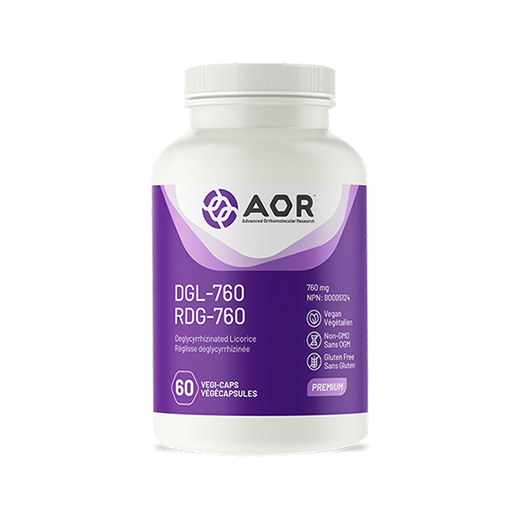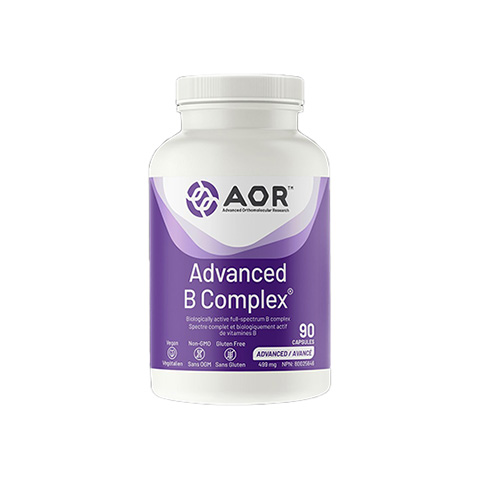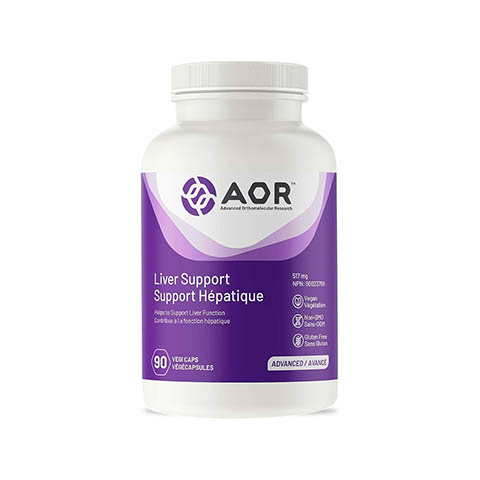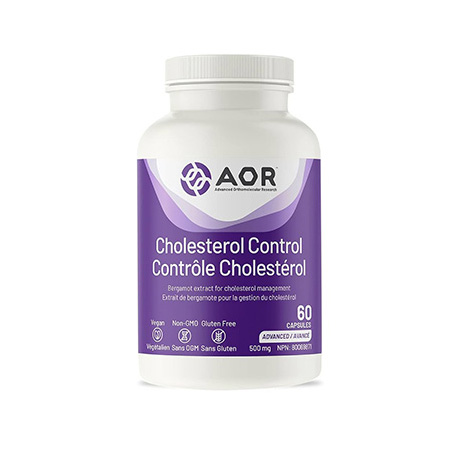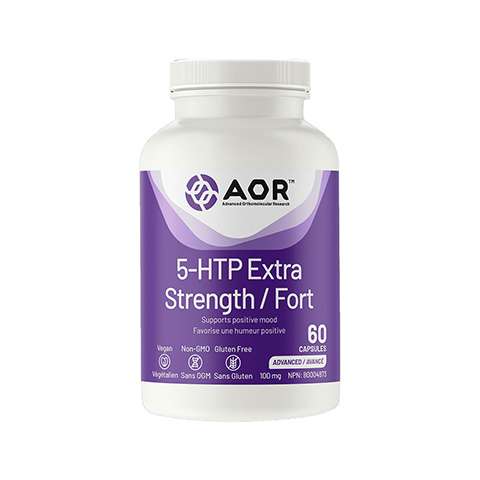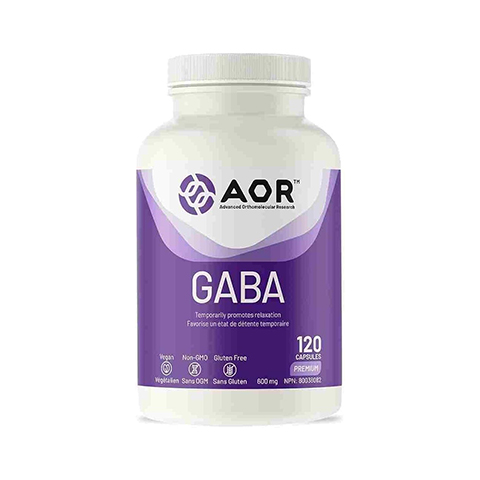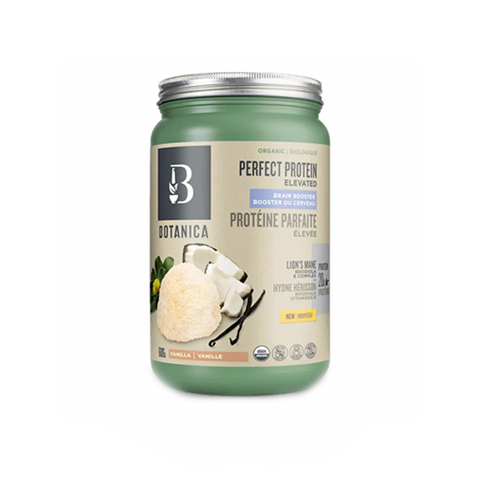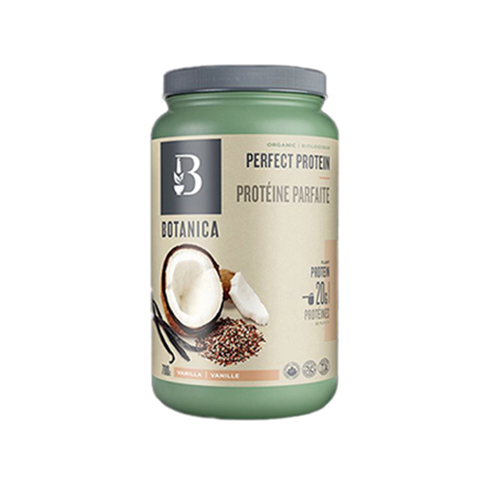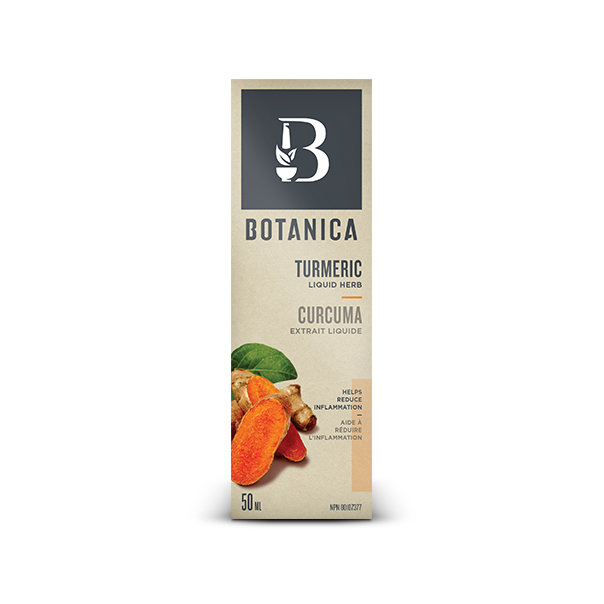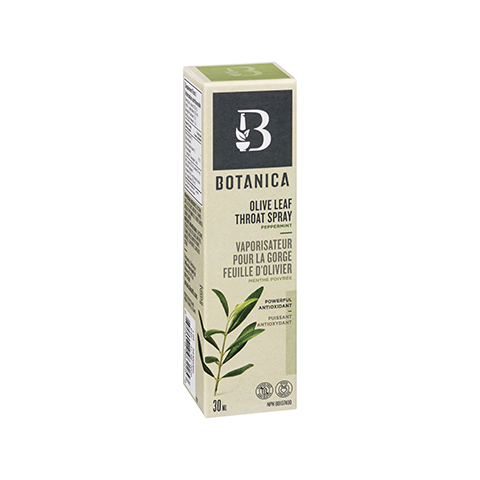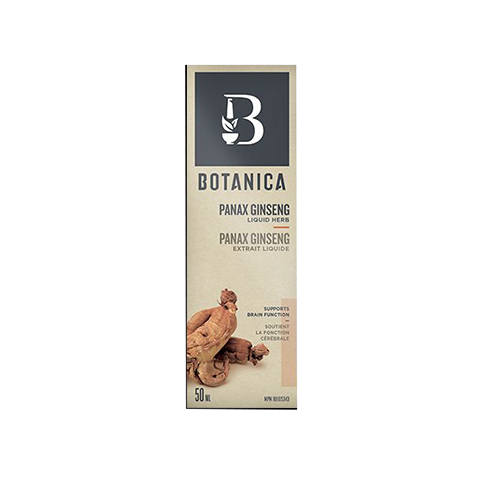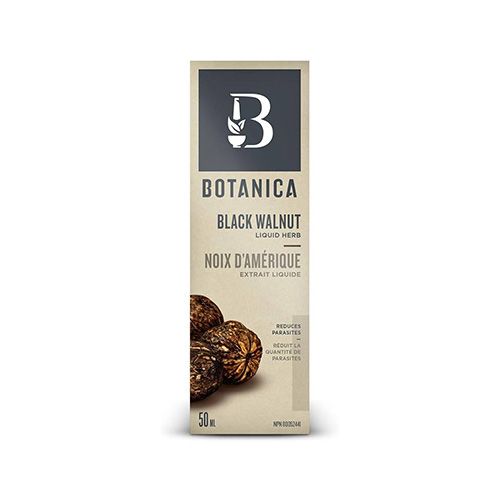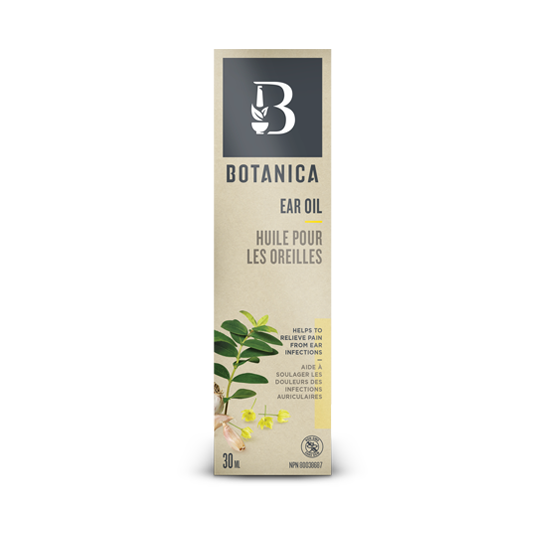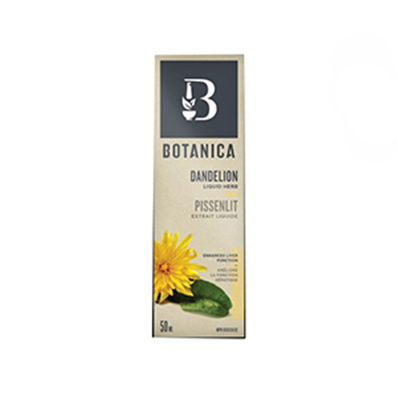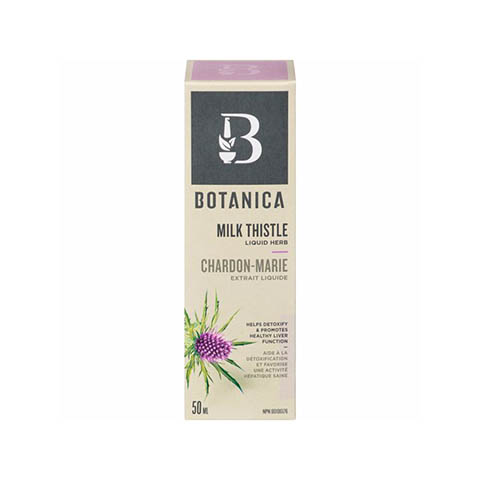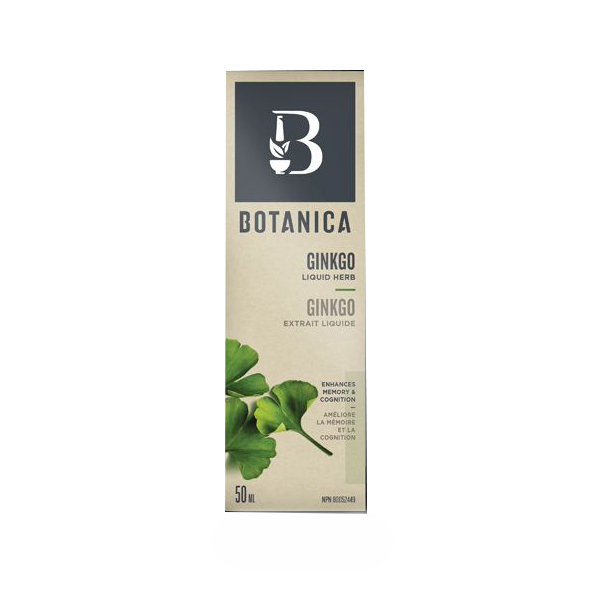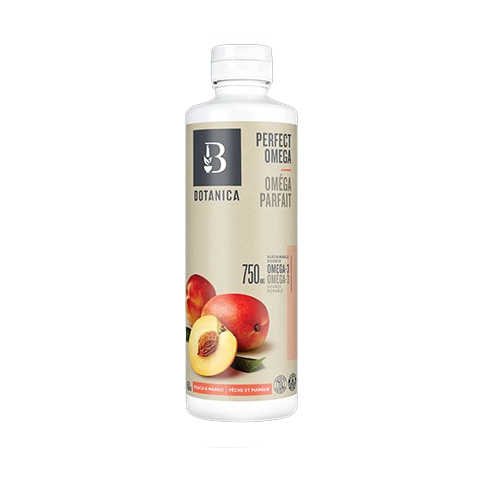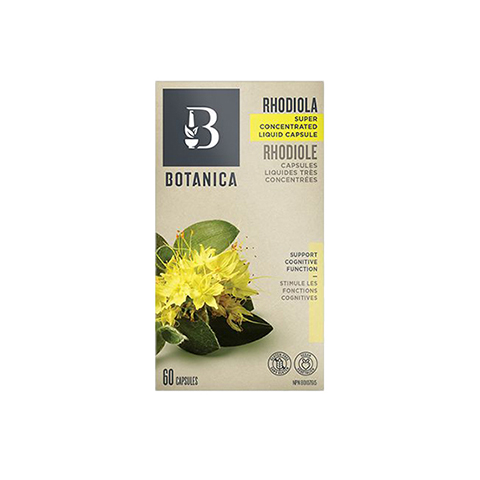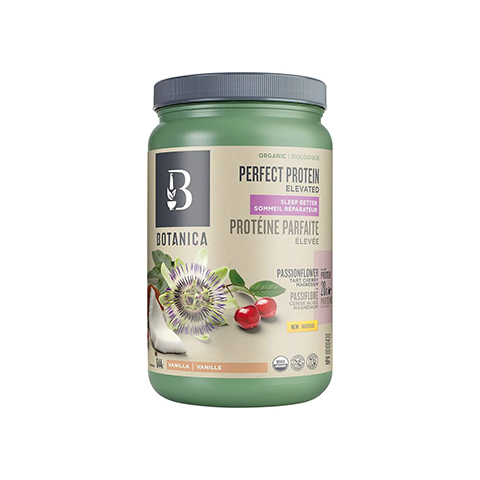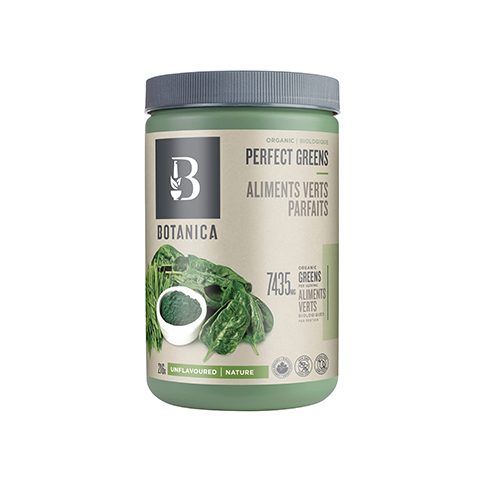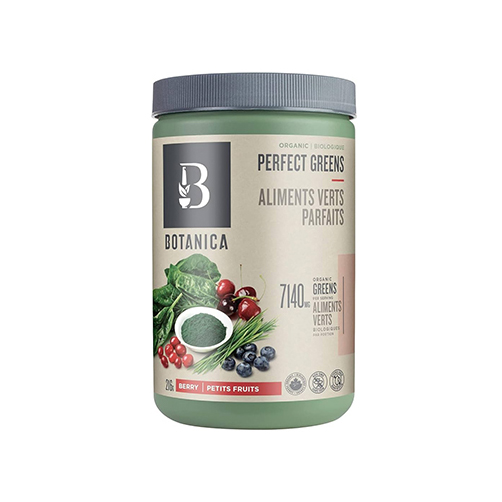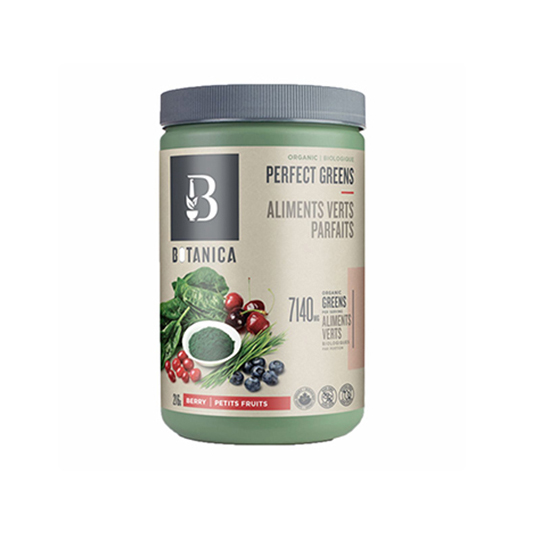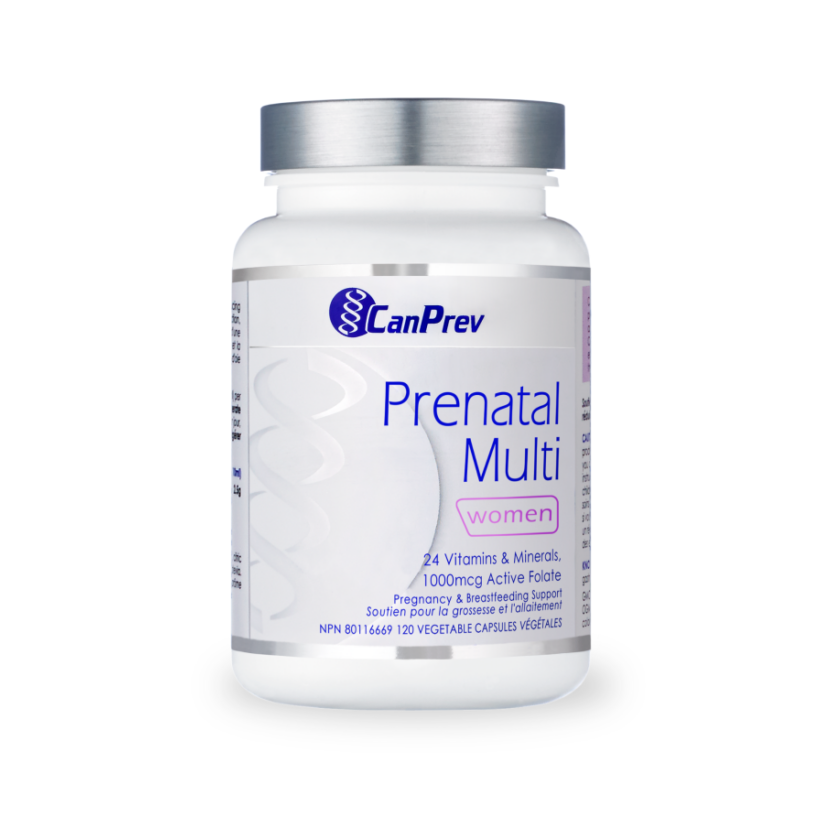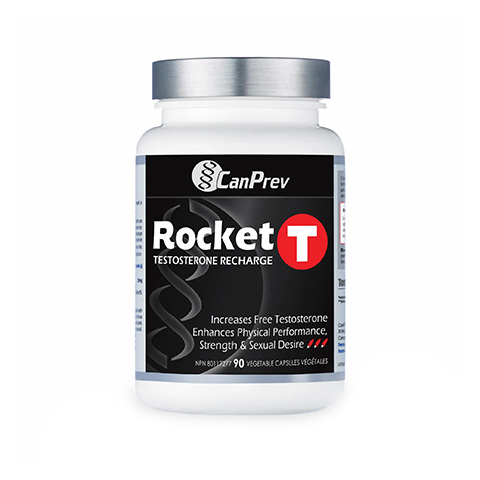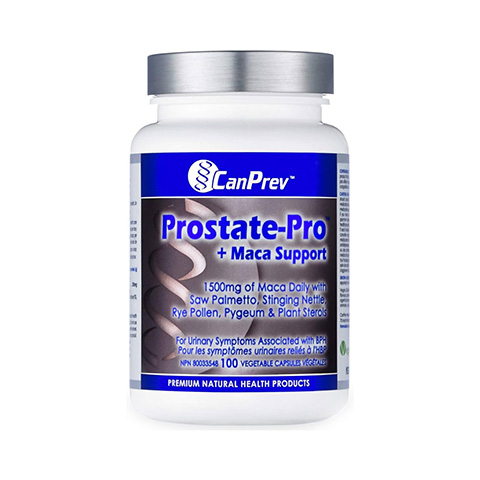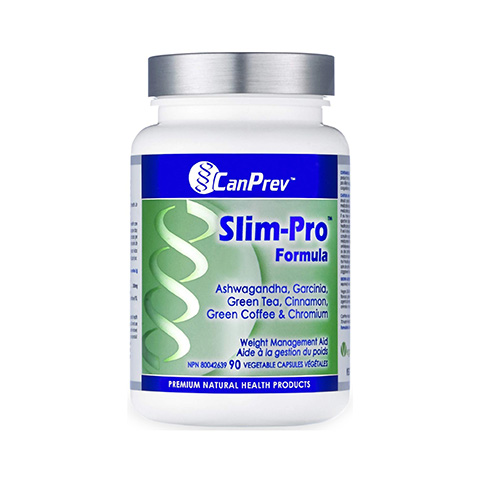Quality garlic, a great antioxidant, antiparasitic, and immune-boosting plant.
Garlic is a perennial plant with white, starry flowers and bulb clusters of individual cloves. The plant has been used to protect against infections, to lower blood cholesterol and fat levels, and to help with digestion; modern research has confirmed these effects. Garlic has been valued for thousands of years for its extraordinary healing properties. Recently, a unique and meticulous way to process the garlic cloves in order to stabilize the active ingredients and to maximize the total allicin potential (TAP) has been developed.
The principal active agent in garlic is allicin. Extreme care must be taken during processing of the cloves to maximize the TAP of garlic. Any bruising of the cloves would result in the conversion of alliin to allicin and loss of the active ingredients. Alliin and allicin are sulphur-containing components. The sulphur compounds have antibiotic and antifungal effects; they also help stop the liver from making too much cholesterol and reduce clotting tendencies.
Garlic has been used to protect from and fight against infections, colds, and flu; as an expectorant to reduce phlegm due to bronchitis, asthma, and pneumonia; to protect wounds from infection; to treat abscesses and cuts; to protect the circulation; and to lower blood clotting. It lowers blood sugar levels, stimulates and protects the liver, and has been used as a digestive tonic for gastritis and dysentery.
There are now over 12 well-designed studies published around the world that confirm that garlic in several forms can reduce cholesterol. Most recently, researchers in Oxford and America have published some summaries of all the good data on garlic.
“Garlic supplements have an important part to play in the treatment of hypercholesterolemia [high cholesterol]. […] [A] systematic review […] was undertaken of published and unpublished [data]. […] [A] 12% reduction [in total cholesterol was shown over a placebo]. The reduction was evident after one month of therapy and persisted for at least six months.”
—Silagy, C. and A. Neil. “Garlic as lipid lowering agent—A meta analysis.” The Journal of the Royal College of Physicians of London Vol. 28, No. 1 (1994): 39–45.
The largest study so far was conducted in Germany, where 261 patients from 30 general practices were given either garlic powder tablets or a placebo. After a 12-week treatment period, mean serum cholesterol levels dropped by 12% in the garlic-treated group, and triglycerides dropped by 17%, compared to the placebo group.
| Each vegetable capsule contains: |
| Odourless garlic (Allium sativum) bulb, 1% allicin |
200 mg |
| Sweet fennel (Foeniculum vulgare ssp. vulgare var. dulce) seed |
25 mg |
| Other ingredients: Parsley (Petroselinum crispum) leaf (200 mg) and vegetable magnesium stearate in a non-GMO vegetable capsule composed of carbohydrate gum and purified water. |
The information and product descriptions appearing on this website are for information purposes only. All statements have not been evaluated by Health Canada. Statements are not intended to provide or replace medical advice to individuals. Information related to products is not intended to diagnose, treat, or cure any disease outside approved claims. Consult with a qualified health care provider if you have any health concerns, and before initiating any new diet, exercise, supplement or other lifestyle changes.
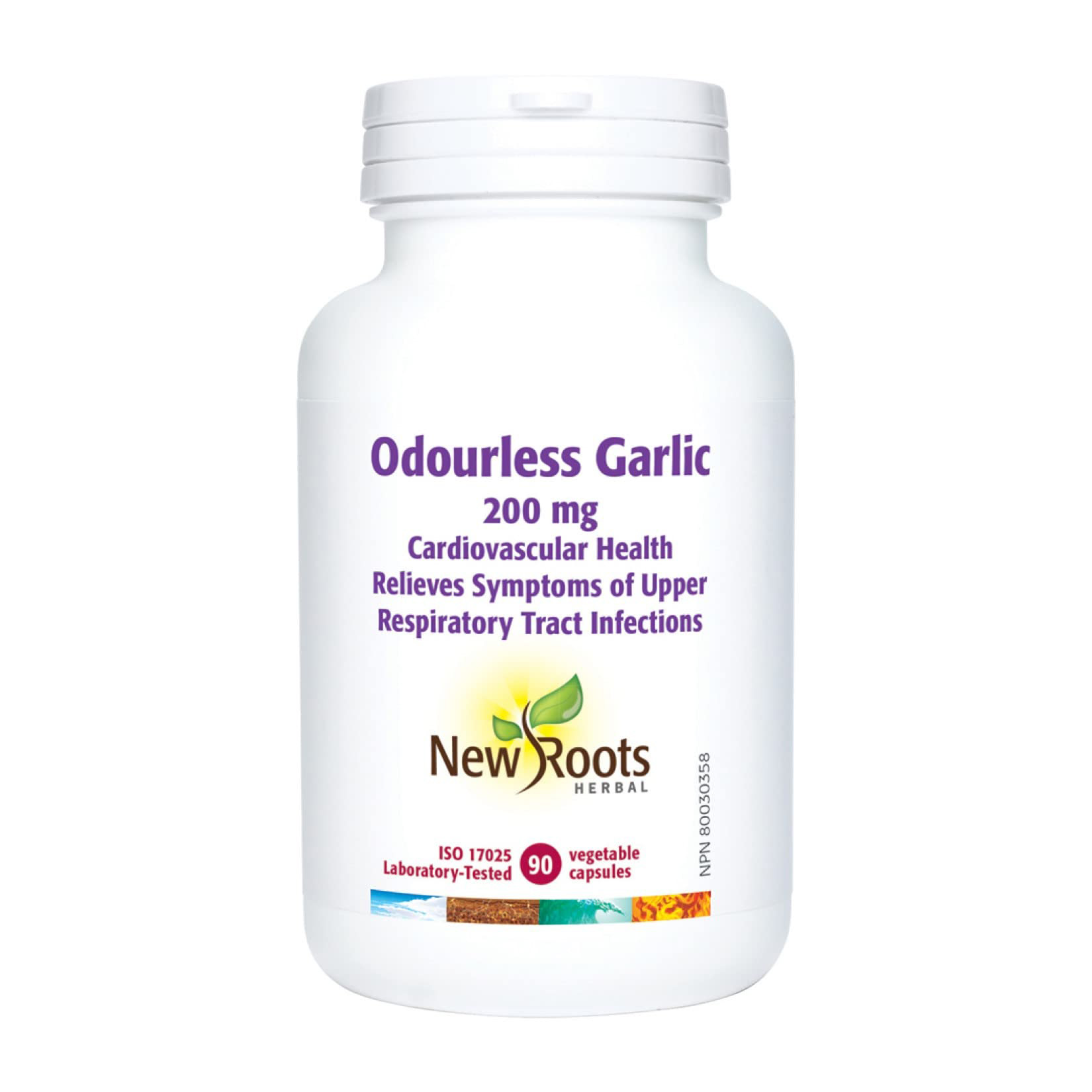

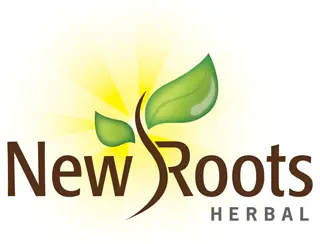 NewRoots
NewRoots





